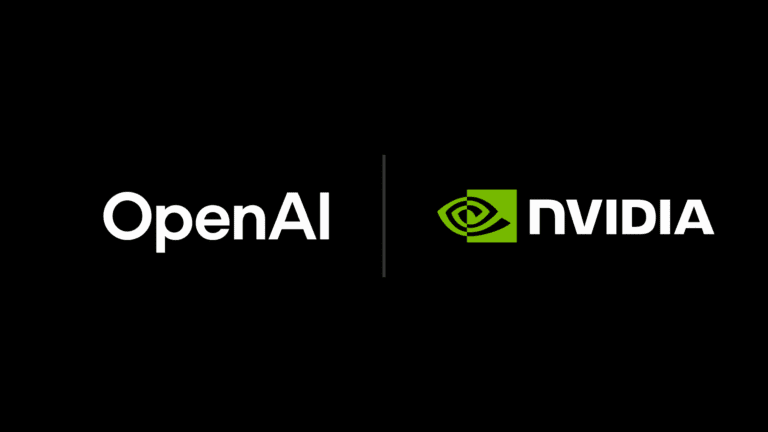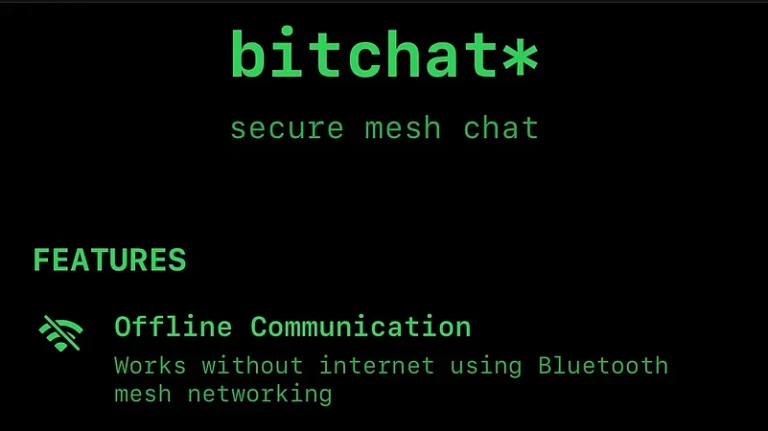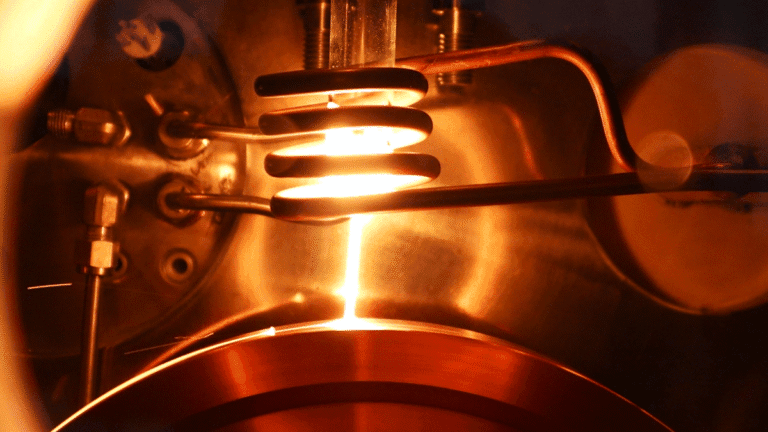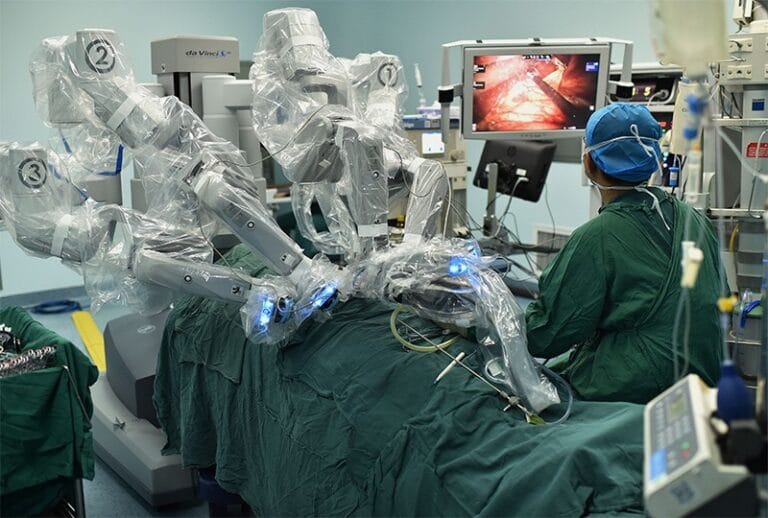
In a significant advancement for the pharmaceutical industry, Iambic Therapeutics, a biotech firm with substantial backing from Nvidia, has unveiled what it describes as a groundbreaking AI model named “Enchant.” This innovation promises to revolutionize the drug discovery process by significantly reducing both time and financial costs associated with bringing new medications to market.
A Leap Forward in Drug Development
The AI model, Enchant, has been designed to predict with high accuracy how a drug will perform in the very early stages of development, a phase traditionally fraught with uncertainty and high failure rates. According to insights from the company, Enchant achieved a remarkable prediction accuracy score of 0.74, setting a new benchmark in the field. Previously, the best models could only score up to 0.58.
Iambic’s Chief Technology Officer, Fred Manby, highlighted the potential economic impact during a press conference. “By predicting the success or failure of drug candidates at the earliest stage, we could potentially halve the investment needed for development,” Manby stated. He pointed out that the cost of bringing a new drug to market often exceeds $2 billion, primarily due to the high rate of late-stage failures.
Expert Endorsements
Frances Arnold, a Nobel laureate in chemistry and a board member at Iambic, endorsed the technology’s potential. “This development represents a major advance in using AI for drug discovery,” Arnold commented, drawing parallels with Google DeepMind’s AlphaFold, which focuses on predicting protein structures. Enchant, she noted, tackles a different but equally critical challenge by predicting drug performance metrics like absorption rates, efficacy, and toxicity.
Implications for the Future
The introduction of Enchant could transform pharmaceutical R&D by allowing researchers to make informed decisions much earlier in the drug development pipeline. This could lead to:
- Reduced Time to Market: By identifying non-viable drugs early, companies can save years in development cycles.
- Cost Efficiency: Lowering the high costs associated with drug trials, especially those that fail in later stages.
- Increased Innovation: More resources could be allocated to novel drug candidates rather than being tied up in uncertain long-term projects.
Industry Reaction
Reactions within the biotech and pharmaceutical sectors have been overwhelmingly positive, with many seeing this as a pivotal moment. “AI is not just an adjunct technology but is becoming central to how we approach drug discovery,” said Sridhar Vempati, head of R&D at a competing firm, in a statement reflecting on Iambic’s announcement.
Looking Ahead
While this breakthrough is promising, the real-world application of Enchant will be closely watched. Early adopters will need to validate its predictions with clinical trials, but the initial data suggests a paradigm shift in pharmaceutical development could be on the horizon.
As Nvidia continues to invest in AI-driven technologies across various sectors, this partnership with Iambic Therapeutics underscores the tech giant’s commitment to leveraging AI for solving some of the most complex challenges in healthcare.
For now, the industry watches with bated breath as Enchant moves from conceptual breakthrough to practical application, potentially heralding a new era in drug development where AI not only assists but leads the charge.






